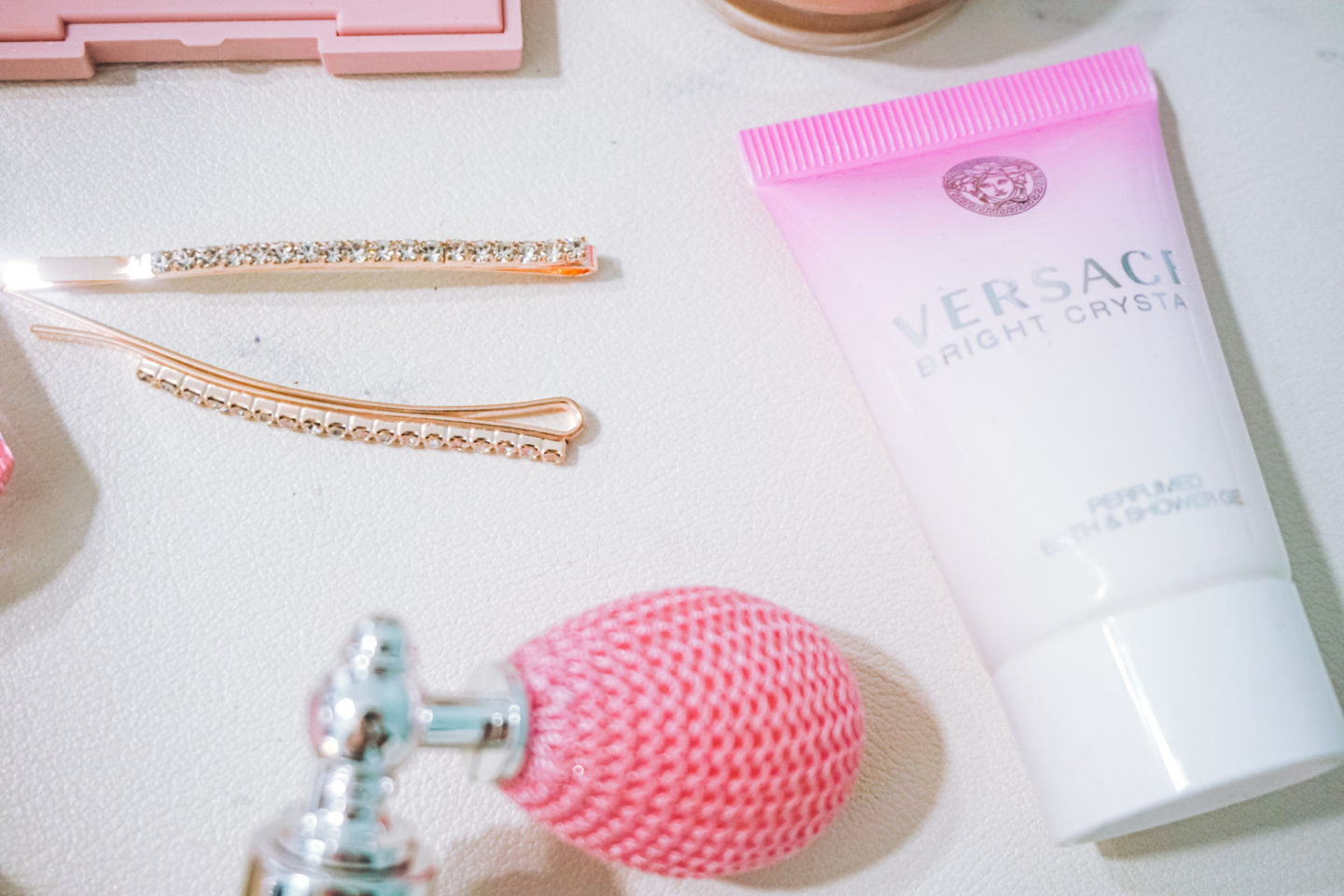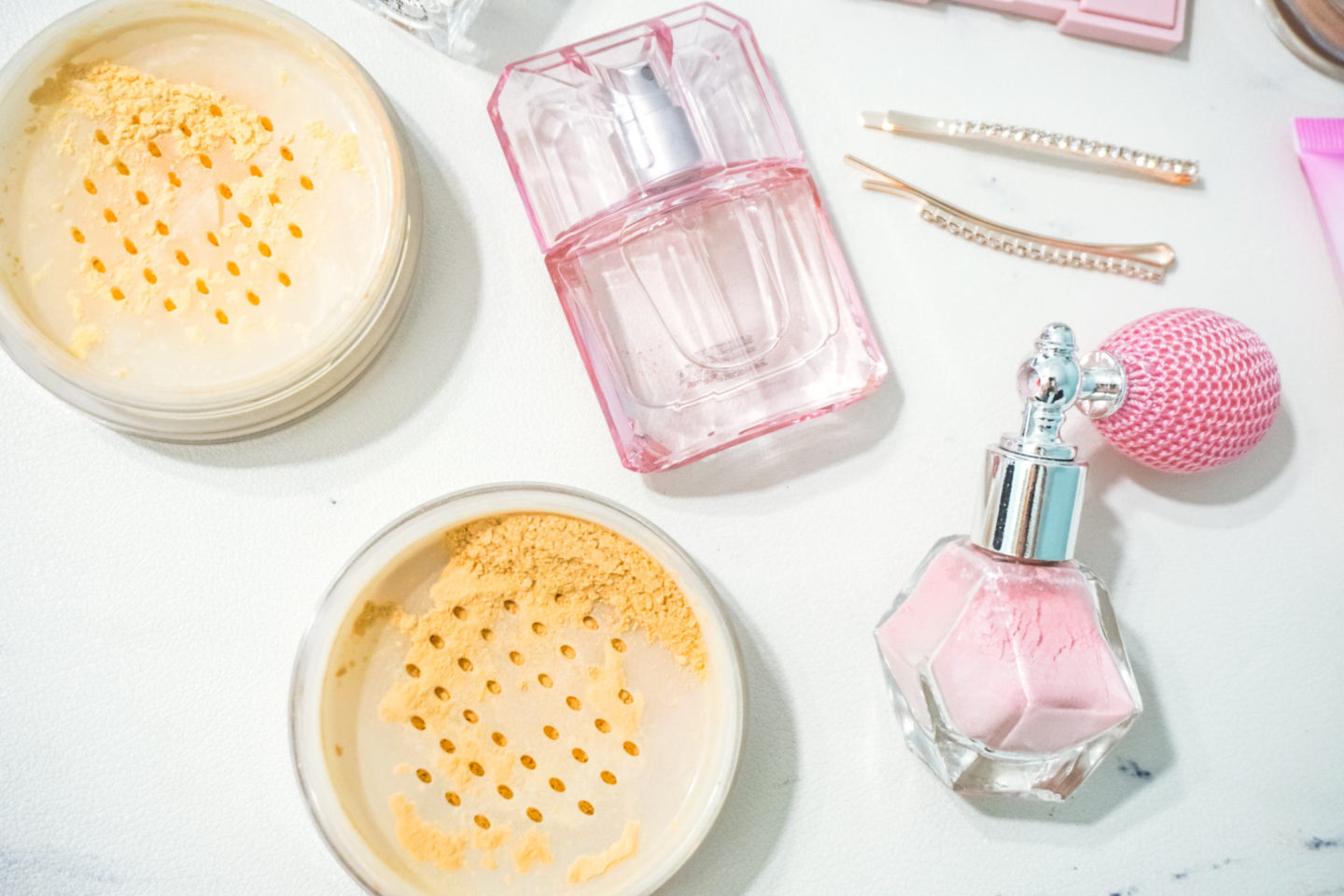
Self-destruction. A noun used to describe behavior that causes serious harm to one’s self. When someone engages in this type of behavior, they take a toll on their relationship and often find themselves feeling heartbroken after the relationship has fallen apart. A self-destructive person can act out this way knowingly or unknowingly. Regardless, self-destructive behavior can’t sustain in a relationship—after a while, something’s got to give.
As someone who’s quite familiar and engaged with this sort of behavior in the past, I know firsthand how detrimental it can be to one’s life and everything in it. I know what it’s like to be your own worst enemy because I was mine for years. I also know what it’s like to not self-sabotage everything in my life, and I must say my life is filled with a lot more happiness now.
We self-destruct for a multitude of reasons, but before we can figure out how to put an end to it, we must first understand the signs that accompany this sort of downfall.
Are you self-destructing your relationship? Keep on reading to find out, and how you can stop it before it’s too late.
Signs you’re self-destructing:

You keep your walls up and lack vulnerability
If you find you always have the worst-case scenario looming in the back of your mind, get defensive about the idea of “forever”, and expect things to go wrong in the end, you’re demonstrating the key, deep-rooted traits of self-destruction. These examples refer to the bigger picture: you’re keeping your walls up, along with lacking vulnerability. If you’re guarded, you’ll never be able to share yourself or your life with someone else because you’re not letting them get close enough to you. You may be doing this without knowing it (hence why I said these key signs are deep-rooted), but this type of behavior can’t continue in a relationship for very long—it won’t last. I myself in the past have been guilty of this—especially the lack of vulnerability—and I didn’t even realize I was doing or it or why. These tell-tale signs are the first symptoms of someone who’s finger is already on the self-destruct trigger.
You push your partner away
Another sign you’re self-destructing your relationship is if you’re pushing your partner away. This could be demonstrated by making stupid, little mistakes repeatedly—mistakes that may get under your partner’s skin, but aren’t enough to shatter the relationship; the mistakes you can come back from.
One example of this may be that there’s a particular co-worker your partner doesn’t want you to talk to because they believe your co-worker’s behavior with you is inappropriate. In the moment, you’ll agree with your partner and tell them you won’t talk to said co-worker anymore out of respect for them, yet when said co-worker comes up to you and asks to borrow a pen, you find yourself casually making small talk. You’re not blatantly disrespecting your partner by being openly flirtatious (maybe you are, but for this example we’re going to say you’re not), but you believe it’s not a big deal to casually chat with a co-worker despite what your S.O asked. You’ll probably tell your S.O what happened when you get home, and they’ll probably get mad, upset, or feel hurt because they feel disrepescted by you. You’ll find yourself telling your partner to “calm down”, and insisting that you didn’t do anything wrong; but that’s just the thing—you didn’t openly do anything wrong, anything you’d be unable to come back from, but you knew that you were disrespecting your S.O and your relationship by committing that action.
Also, using low-blows whenever you’re angry or in the middle of a heated argument with your better half is a sign you’re trying to push them away. Blurting out things like: “When I’m single…” or, “Whatever, I don’t need you anyway!” Is not going to make your partner feel good or like you’re fully committed to them. No one wants to hear those kinds of words escape their S.O’s lips.
Chances are, you don’t want the relationship to end, but you’re playing with fire and seeing how long it takes before you finally get burned. If you’re self-destructive, you’re going to want to see how far you can push your partner, and how long it will finally take them to break.
Cheating—emotionally or physically
Going off of what I mentioned above, cheating is also another huge sign of self-destructive behavior. If someone feels undeserving of love, they’re going to lash out impulsively and do things they’ll regret. While many people and relationships have come back and rebuilt after one person has had an affair or slight infidelity (emotionally or physically), it still won’t change the fact that the trust has been shattered. Self-destructive people find ways to destroy things before they destroy them, and betraying someone with another is a pretty good way to ensure that.
You constantly look for things to be wrong
Some people will never be content, some people just don’t know how to sit with happiness—self-destructive people certainly can’t or, at the very least, don’t like to. Instead, they usually get a small thrill watching things blow up right before their very eyes, therefore confirming their worst fears that their relationship isn’t going to work out.
If you’re constantly looking for things to be wrong, you’re going to sabotage your relationship all on your own. This can include things such as nitpicking your partner constantly—whether it be for certain personality traits or what they wear—wishing they’d change—even though you were the one who fell in love with them for who they are in the first place—and being unable to let even the smallest of things go. If you’re constantly looking for things to be wrong, how do you ever expect to be happy? Life is one massive imperfection, and no one in the world can obtain absolute perfection every second of every day. By searching for things to be wrong, you’re ultimately searching for reasons why the relationship won’t work and why you shouldn’t stay. Basically, you’re justifying your self-destructive behavior.

How to stop it before it’s too late:
If the signs mentioned above resonate with you, the first thing you need to do is admit to yourself that you’re a self-destructive person. Almost all humans are self-destructive in some way or another, maybe some more than others. Even those who are not naturally destructive have been self-sabotaging at one point in their lives. In the past, I was extremely self-destructive and I wasn’t aware of it until it was too late. Although the situation sucked, learning and understanding why I was so self-sabotaging was the best thing I could’ve ever done for myself. I never felt deserving of love, I didn’t believe in fairytale romances or happy endings, and it took losing everything for me to finally become self-aware of my self-destructive behavior.
If you’re serious about stopping the cyclical pattern of self-destruction, the first thing you need to do (after identifying that you are in fact, self-destructive, of course) is increase your self-awareness.
Self-awareness (noun): conscious knowledge of one’s own character, feelings, motives, and desires.
One of the reasons increasing your self-awareness is so important is because self-destructive behavior is oftentimes deep-rooted, meaning you’re acting out the way you are because you’ve been taught that through past events or childhood trauma. When you’re accustomed to destructive behavior or that’s all you know, subconsciously, it rubs off on you.
If you’re unsure of where to start, begin with looking at past experiences. What kind of relationship did your parents have growing up? What kind of behavior did your role models demonstrate while you were growing up? Questions like this are uncomfortable but are ones you have to ask yourself. Also, speaking of uncomfortable, you’ll have to get acquainted with familiarizing yourself with your fears, insecurities, etc. If you want to figure out where they stem from, you must first understand the “why”—why they are there in the first place. If you don’t do this, you’ll never be able to fix your self-sabotaging behavior.
Once you’ve taken the time to increase your self-awareness and tried getting to the root of the issue, the next thing you’ll want to work on is communication with yourself. This kind of communication can be found in things like therapy or journaling daily, and it requires the most transparent, brutal, and honest thoughts. Therapists are good because they are a neutral party and aren’t there to judge you, and they’re also trained in helping people figure out why they’re so destructive and help put an end to it. If you’ve never tried writing before or often find it hard to communicate how you’re feeling even with yourself, therapy will probably be the best bet for you. You don’t have to commit to going for the rest of your life, I’ve had a few friends tell me that even going to therapy just a few times has helped them deal with and get over certain issues. There is nothing wrong with going to therapy and it’s something you should never, ever be ashamed of. On the other hand, if you’re able to truly be honest with yourself and have the ability to sit with raw, painful thoughts, journaling will probably be extremely beneficial to you. I’ve turned to journaling a lot during turbulent times in the past, and writing daily helped me find the root cause of why I was constantly self-destructing everything in my life. However, I’ve always had a passion for writing and have felt most comfortable whenever I let my thoughts flow freely on a page, uninterrupted. It was these types of unfiltered thoughts that allowed me to see my pattern of self-destruction and where it was stemming from through my writing. If you’re unsure of what the best course of action for you is, start with therapy and go from there.
It’s also important to note that stopping yourself from being your own worst enemy isn’t something that will happen overnight—it’s something that you are going to have to work at daily. You’ll have to be very aware of your emotions and feelings and take the time to sit with them before acting on them. You’ll also have to start identifying triggers. My biggest trigger was feeling like I could never do anything right. This trigger was, unknowingly, embedded in me growing up, so whenever my boyfriend made me feel that way, I’d automatically hit the self-destruct button without hesitation. This also prevented me from being vulnerable and keeping my walls up subconsciously. Once I understood what triggered my impulsive, thoughtless actions, I was not only able to better understand my behavior, I was able to communicate with my boyfriend honestly and, for the first time ever, give him answers for my actions.
Once you’ve gotten comfortable with communicating with yourself, you’re going to have to get comfortable opening up to your S.O. It’s important that you open yourself up to them and vulnerability before it’s too late. If someone really loves you, they’ll be proud of you for taking the steps to better yourself and the relationship, and will want to be there for you—not put you down or belittle you. Relationships can’t thrive without communication or honesty, and if you’re serious about stopping the vicious cycle you’re in, then you have to let your partner in. Don’t let pride or stubbornness get in your way; it takes more strength and courage to admit you’re going through something and to apologize for the hurt your behavior may have caused someone else.
There is no quick-fix when it comes to stopping self-destruction. It is something you have to want, something you will have to be willing to work at daily. But if you don’t work at it, you will never have a good, healthy relationship. Patterns grow and fester over time; take back control of yourself, your life, your relationship, and your happiness before it’s too late. Self-destruction ruined me and I almost lost the best person that’s ever entered my life because of it. If I hadn’t taken all of the steps mentioned above, I probably would be writing this as a single woman. Understanding my self-destructive behavior and putting an end to it before it ended me completely was the best thing I’ve ever done for myself. It took so much work and time, but the former impulsive thoughts and actions that popped into my mind or I executed regularly haven’t occurred in over two years. It is possible to stop, but you’re the only one who can stop it. You are in charge of your own life.
Check out my confessional on what I learned from letting myself be vulnerable here.
For all relationship posts, click here.



Thanx for the effort, keep up the good work Great work, I am going to start a small Blog Engine course work using your site I hope you enjoy blogging with the popular BlogEngine.net.Thethoughts you express are really awesome. Hope you will right some more posts.
Author
Thank you for reading! New blog posts go up every Monday, Wednesday, and Friday! 🙂